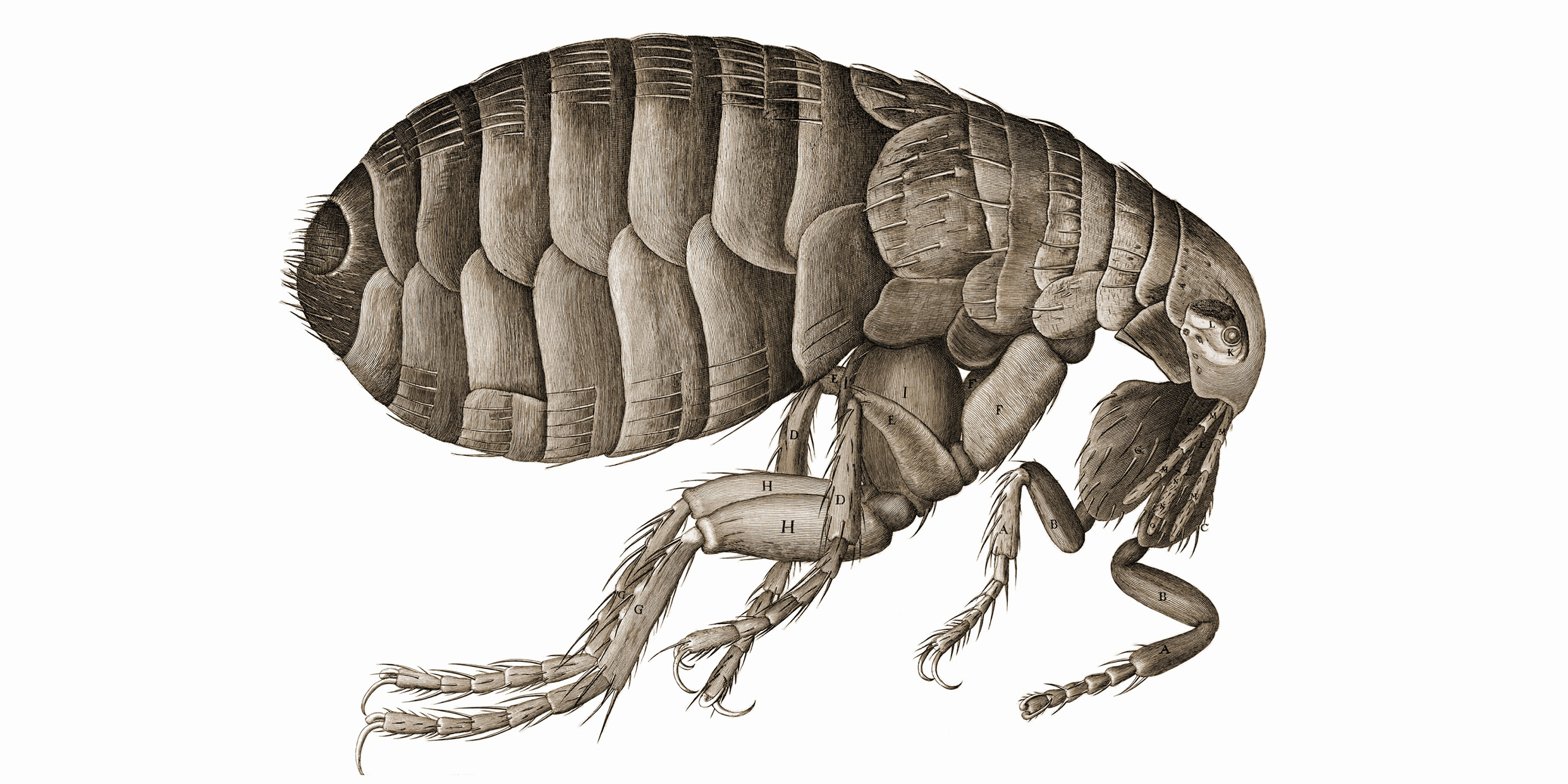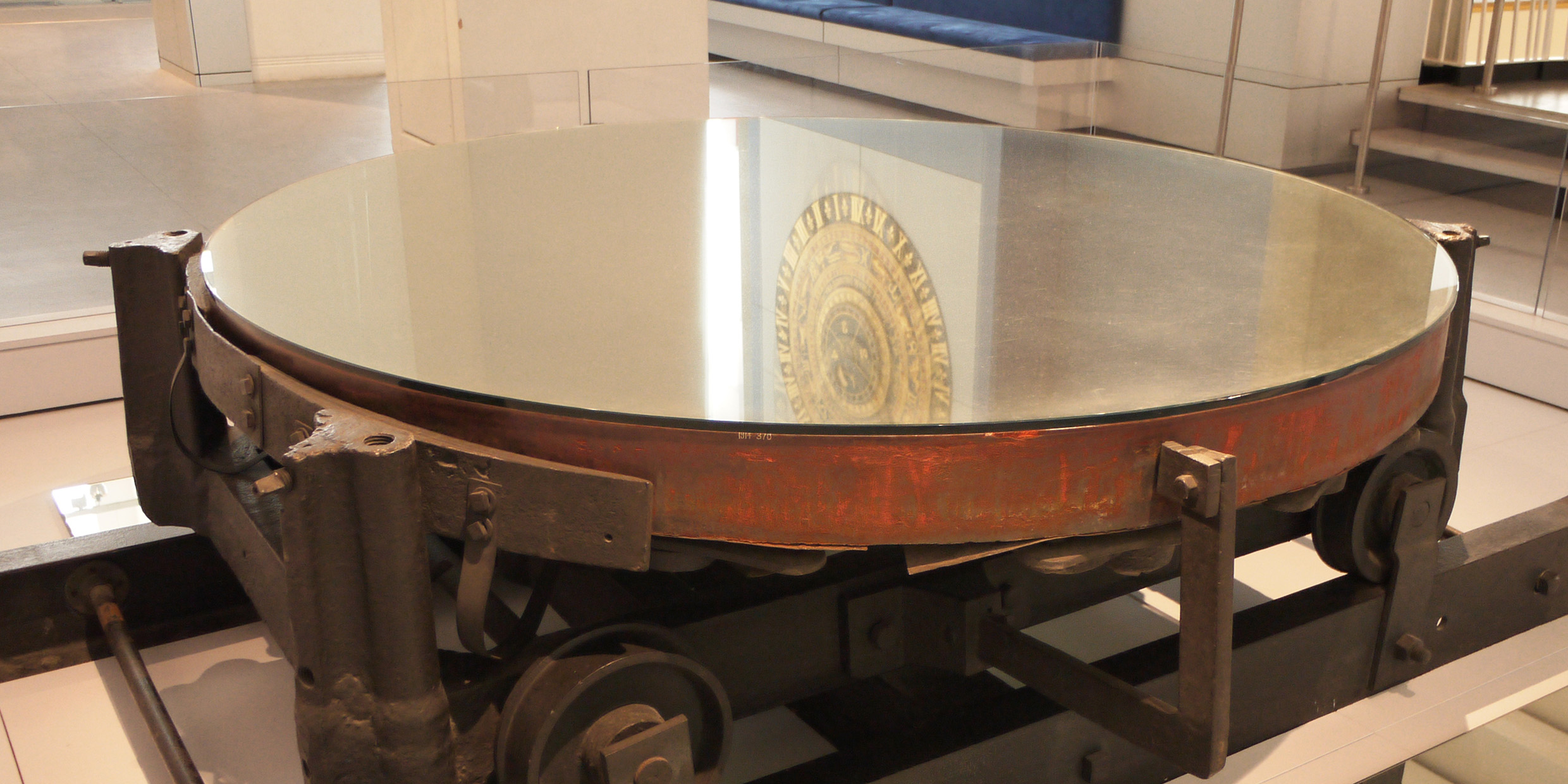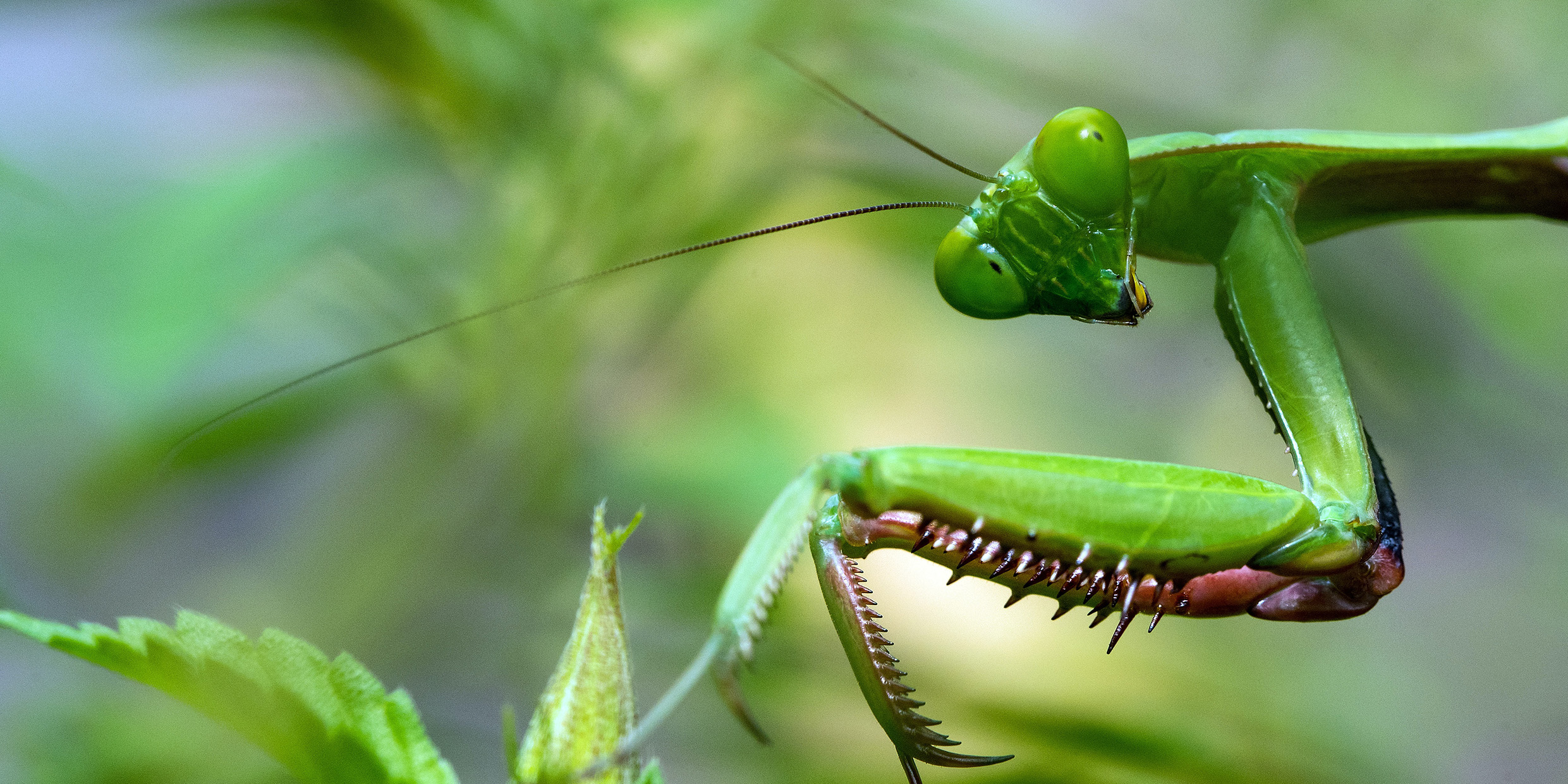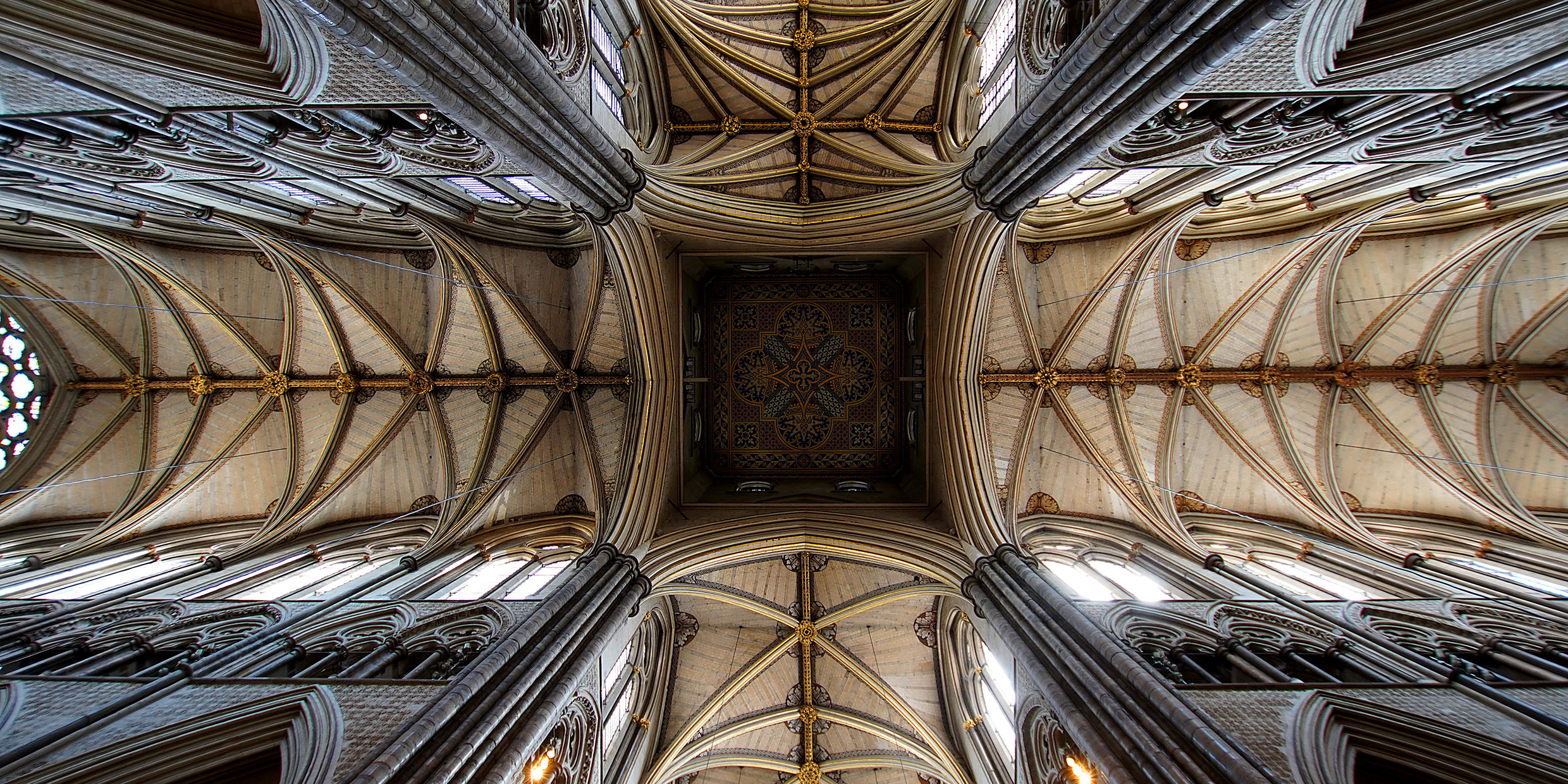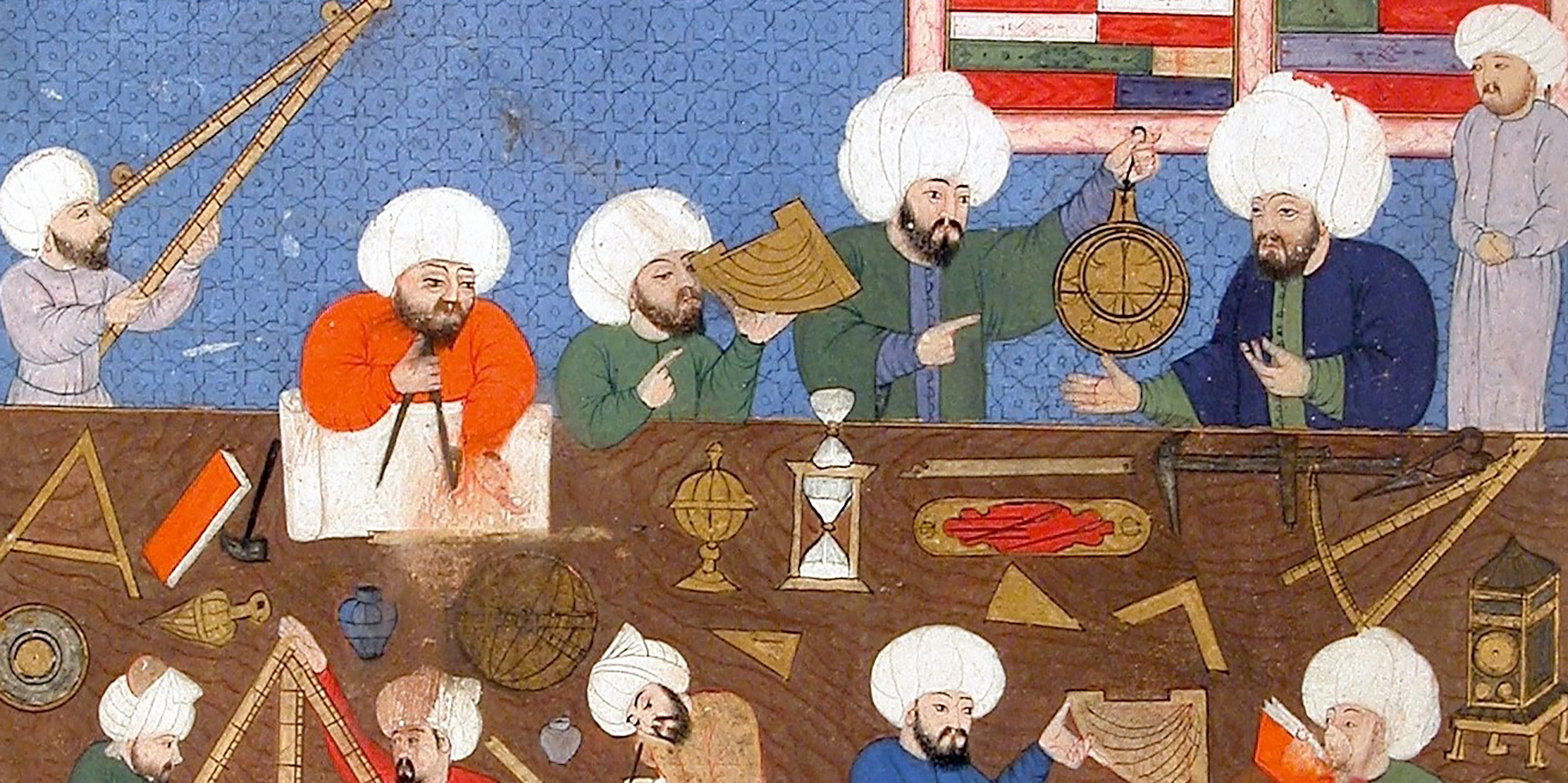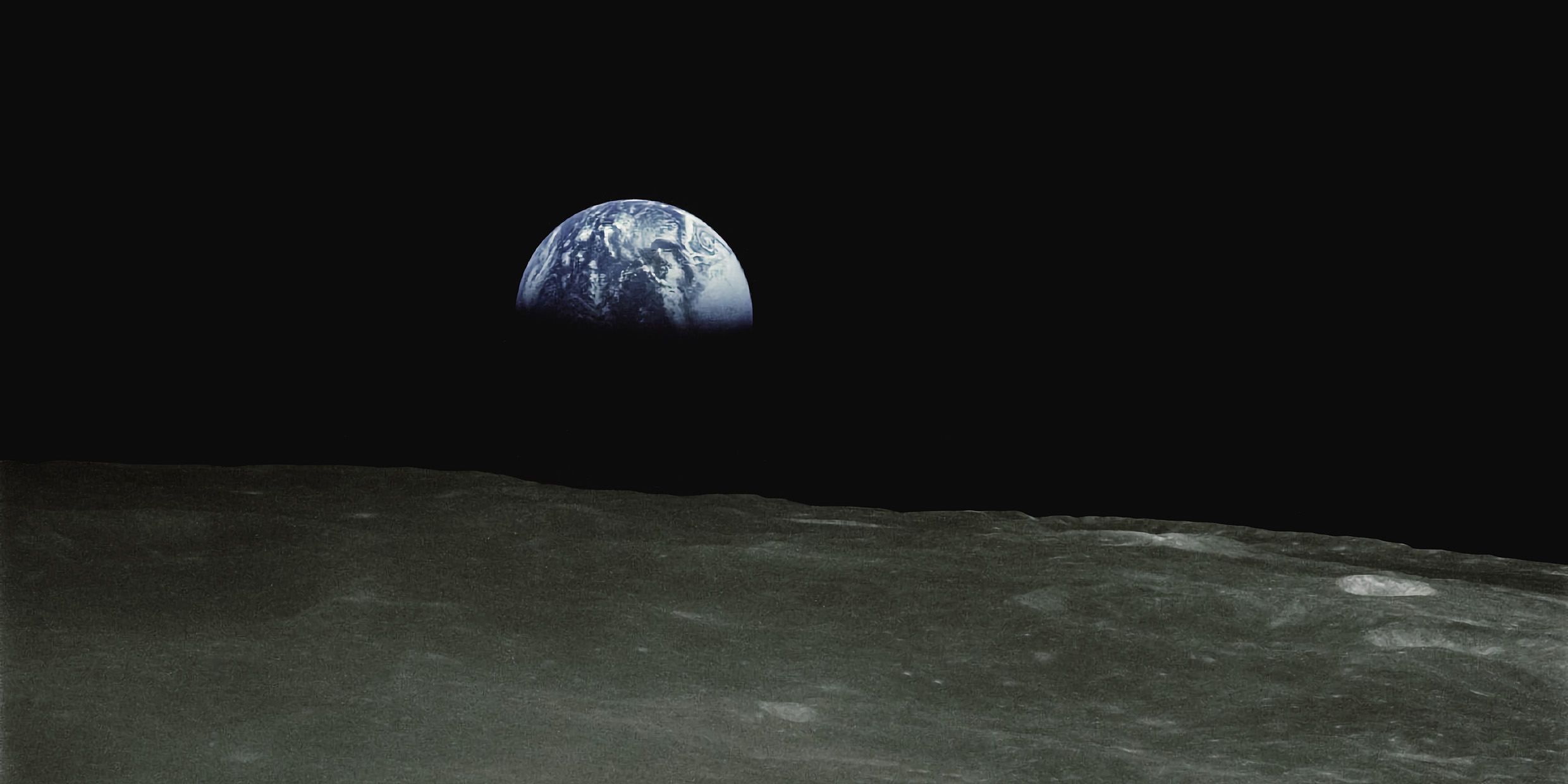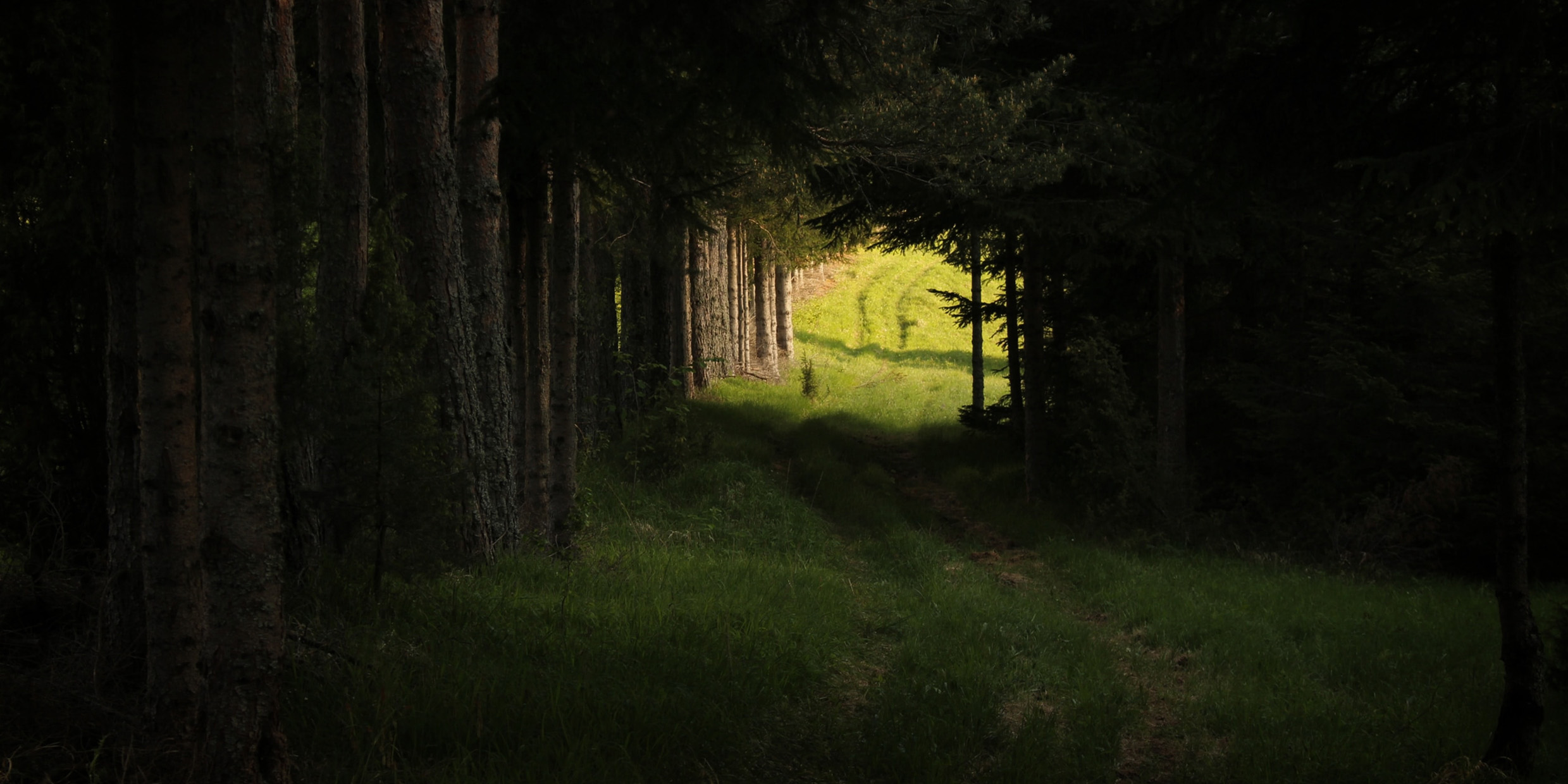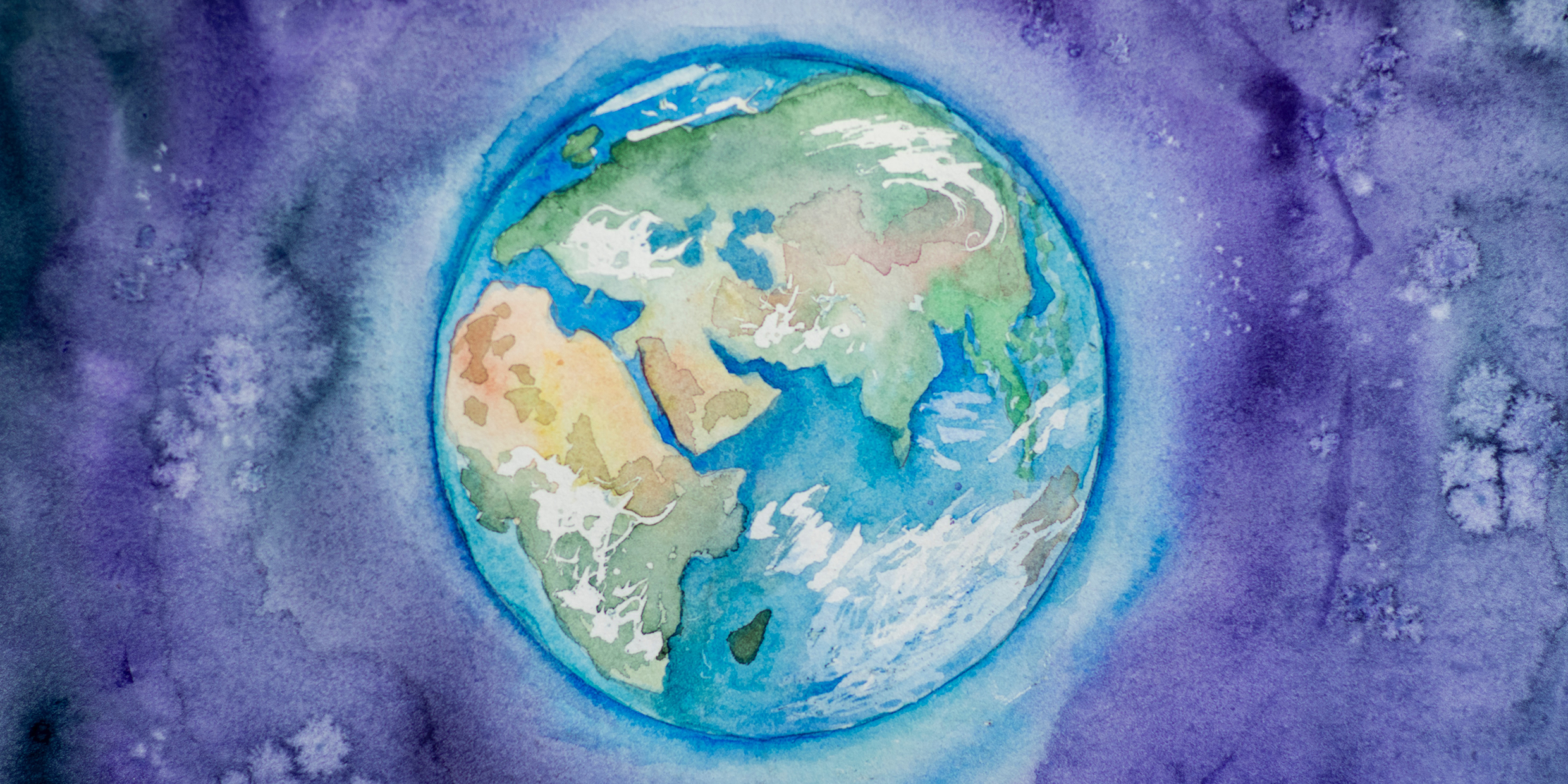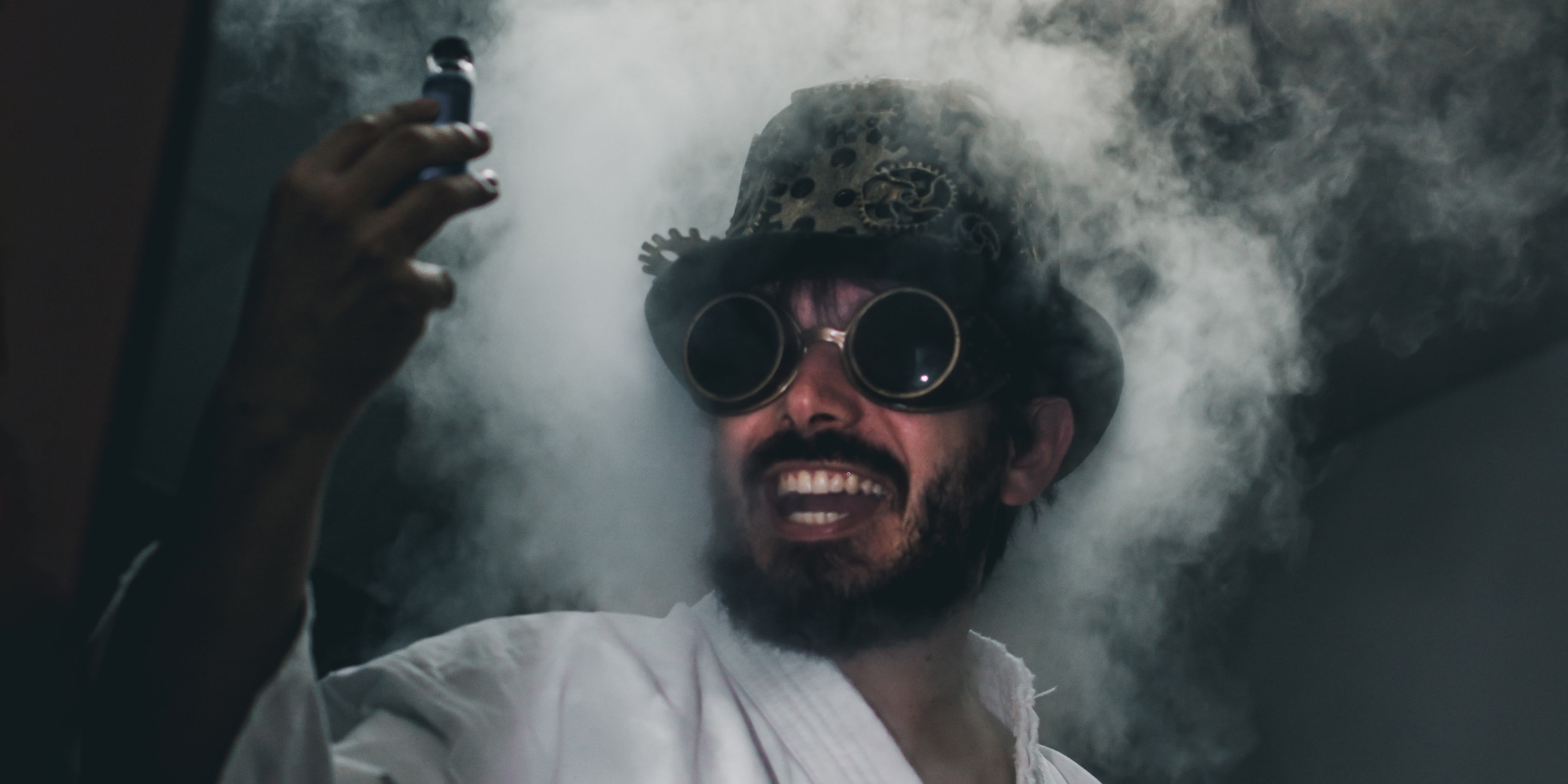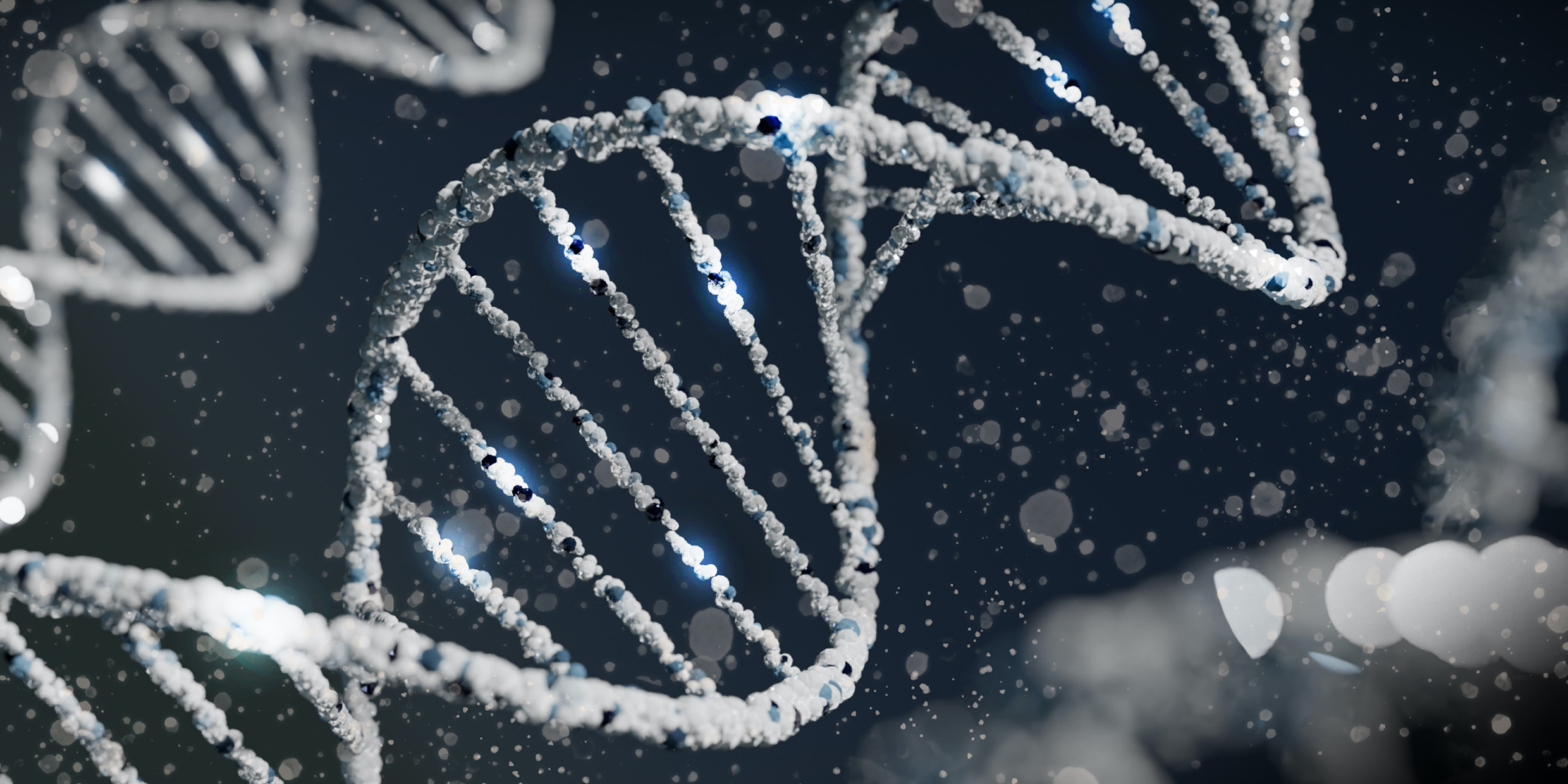For anyone interested in the history of science, London and its environs are a living museum. Perhaps only ancient Alexandria — the city of Archimedes, Euclid, Aristarchus, Eratosthenes, Hipparchus, and Eudoxos — came near to approaching London as a center of scientific creativity.
Science
Dread and alluring mystery
When I first visited the capital of Ireland in 1972, Dublin was a gray, cheerless city with beggars and litter everywhere. I couldn’t wait to get away.
A farewell — and a recommendation
Several weeks ago, “The New York Times” asked in the headline of its Tuesday science section — “Does Science Matter?” — then spent 16 pages suggesting an answer: Indeed it does, more than ever.
Scientists also lifted our perception of life
This was my third or fourth visit to Westminster Abbey, although the first in almost three decades. I stood in line to buy my ticket of admission with some misgivings. I remembered being disappointed on previous visits, but could not remember why.
Mystery illuminates a cultural shift
Istanbul is the most European of Moslem cities. It sits astride the Bosphorus, traditional boundary between Europe and Asia. It was once the capital of a Moslem empire that reached to India and Spain; today, with all of Turkey, it aspires to be part of the European Union.
Faith-based science is not really science
Now that we have been introduced to the idea of faith-based social programs and faith-based public-education (vouchers), surely it is time for the administration in Washington to make its move on faith-based science.
Optimism is fuel for a bright future
Last week this column took note of environmental philosopher Bill McKibben’s new book, “Enough: Staying Human in an Engineered Age” — an important book, powerfully persuasive, and utterly necessary.
All the old sciences have starring roles
When I was in high school many long years ago, the sciences were the basics — physics, chemistry, biology.
Time for new cliche: The sane scientist
My guest today is Dr. Sivana, the Mad Scientist. Sivana is not really a mad scientist, but he plays one on TV…
The discovery is the thing
Which of the following works would you choose to be lost, if only three could be saved: Michelangelo’s Pieta, Shakespeare’s Hamlet, Mozart’s Don Giovanni, or Einstein’s 1905 paper on relativity.
